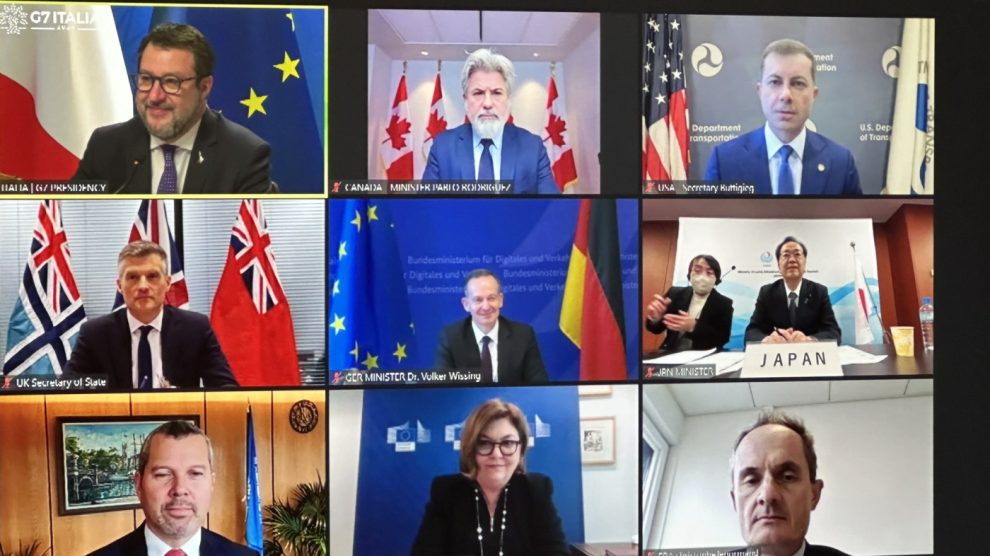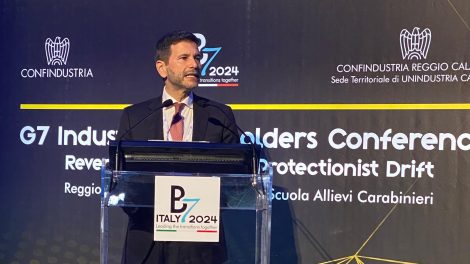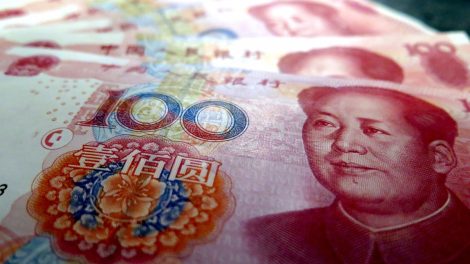G-7, EU condemn Houthi attacks in the Red Sea. On Tuesday, Italian Deputy Prime Minister and Transport Minister Matteo Salvini chaired an extraordinary meeting with his Group of Seven colleagues, plus the European Union’s Commissioner for Transport Adina Vălean, the International Maritime Organization’s Secretary-General Arsenio Dominguez and the Maritime Affairs’ Cristophe Lenormand. The meeting centred on the Red Sea crisis and international maritime connectivity and resulted in a shared declaration in defence of maritime routes and global connectivity.
- Participants “strongly condemned the attacks on Houthi trading vessels in the Red Sea and the Gulf of Aden, highlighting the resulting disruptions in global supply chains and prices, and reaffirming the fundamental importance of maritime security and shipping rights for the free movement of goods around the world,” remarked Minister Salvini on X.
- Discussions will continue at the G-7 Transportation meeting, slated to take place in Milan on April 11-13.
A matter of collective security. The routes through the Suez Channel and the Bab el Mandeb Strait are the main maritime links between Europe and Asia. Italy sees the matter as a priority, and it sought to table it at the G-7 at a time when its members are launching and boosting security-oriented initiatives in the region – including the US-UK campaign of targeted bombing in Yemen, to deteriorate the Houthi attack capabilities, and the EU’s Aspides mission, where Rome has a leading role.
Meanwhile, think alternatives. While rebuilding stability along those routes remains essential, it is equally important to continue hypothesising alternative solutions. After all, the Ever Given affair had already demonstrated the need for other regional connection options – not least because Russian opportunism had quickly reached the point of hypothesising the exploitation of the Arctic route for the Euro-Asian connection. It was on the basis of such realisations that the G-20 in New Delhi had reached a synthesis on the India-Middle East-Europe Corridor.
Keep IMEC in focus. Efforts to build it have been hampered by the crisis in the Middle East, which complicated the integration processes – namely the normalisation of ties between Israel and Saudi Arabia – that underpins IMEC’s realisation. However, the project is undergoing a renewed thrust, partly thanks to strong Indian and Middle Eastern interest in keeping it alive.
- While several IMEC meetings will be held during the Raisina Dialogue in New Delhi, Italy is focussing on interconnection at the G-7 level.




